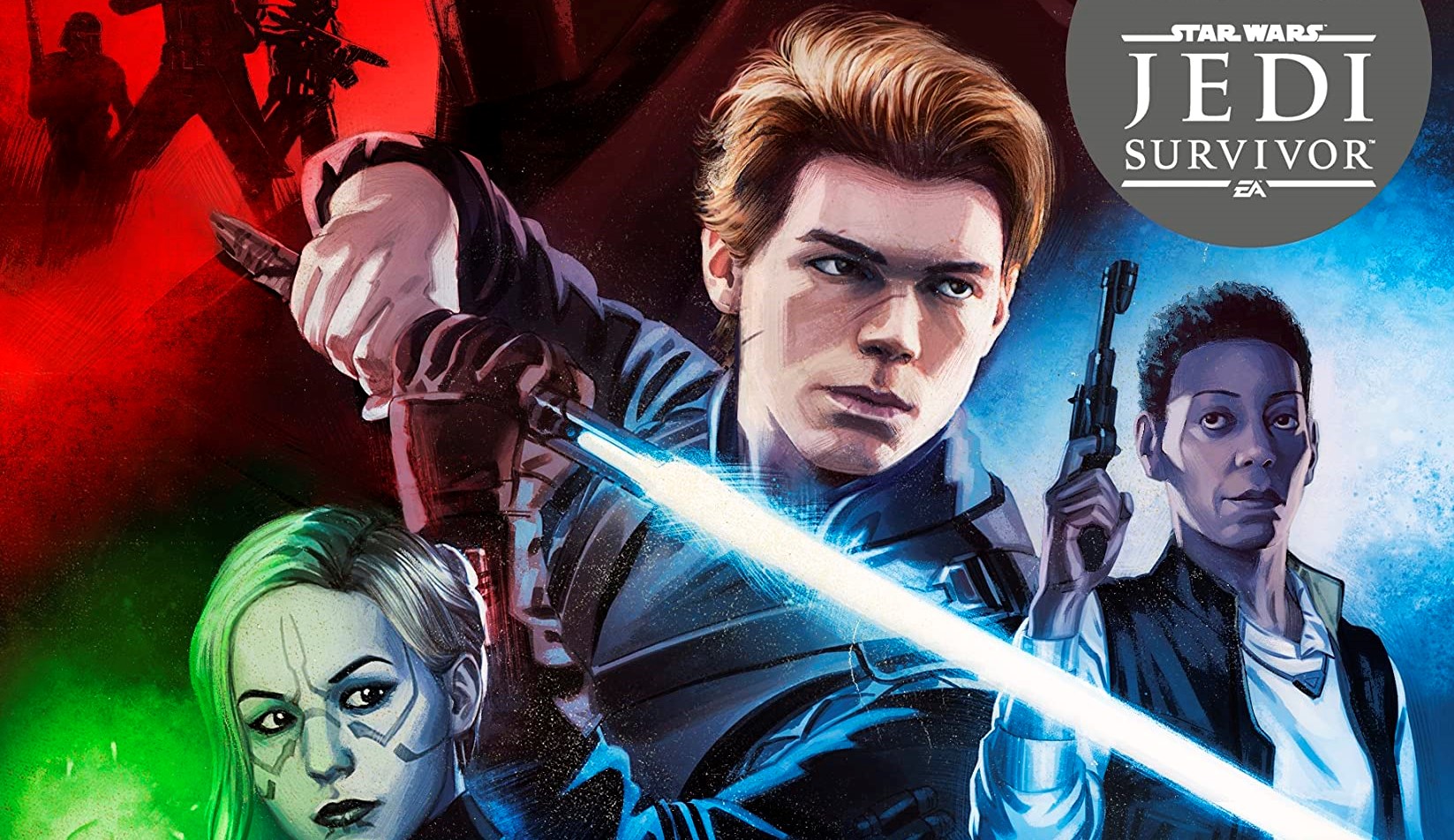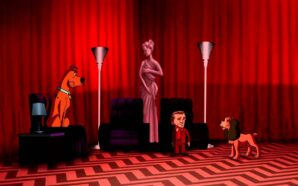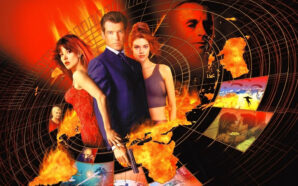There’s a fascinating balancing act that novels based on gaming properties need to pull off: how to best utilise the new storytelling medium while remaining true to the very different style of the video game which spawned it. Star Wars Jedi: Battle Scars, the novel set between 2019’s Jedi: Fallen Order and the upcoming Jedi: Survivor fails in this regard, or rather doesn’t attempt to find a balance. It is a video game in almost every way, but in prose.
There is so much action in the novel, all of it recognisable to gamers. The foes that Cal, Merrin, and the crew of the Mantis face match the descriptions of those battled in Fallen Order, down to their tactics and abilities. It reads like the transcript of a gaming session for the first 56 pages until the pace finally lets up and the novel becomes more introspective. It’s exhausting; much less fun to read than to play. It reminded me of recent comments made by the showrunners of HBO’s The Last of Us. That series excised much of the action from the PlayStation game on which it is based because the writers claimed it would grow tiresome and lack impact. Battle Scars is a perfect example of this.
Battle Scars needs to appropriately fit its format, not try so hard to emulate the game. It passes over the prime example to do this, ignoring the aspects it could improve upon. Trilla was one of the best characters in Fallen Order but, because the game could never shift from Cal’s perspective, we never got as much time exploring her as I wanted. A novel then is the perfect opportunity to do what games can’t and spread the focus. Battle Scars does this for all of three pages. Three measly pages with the new villain, the Fifth Brother, as seen in Rebels and Obi-Wan Kenobi, before going back to the Mantis. We get almost no insight whatsoever.
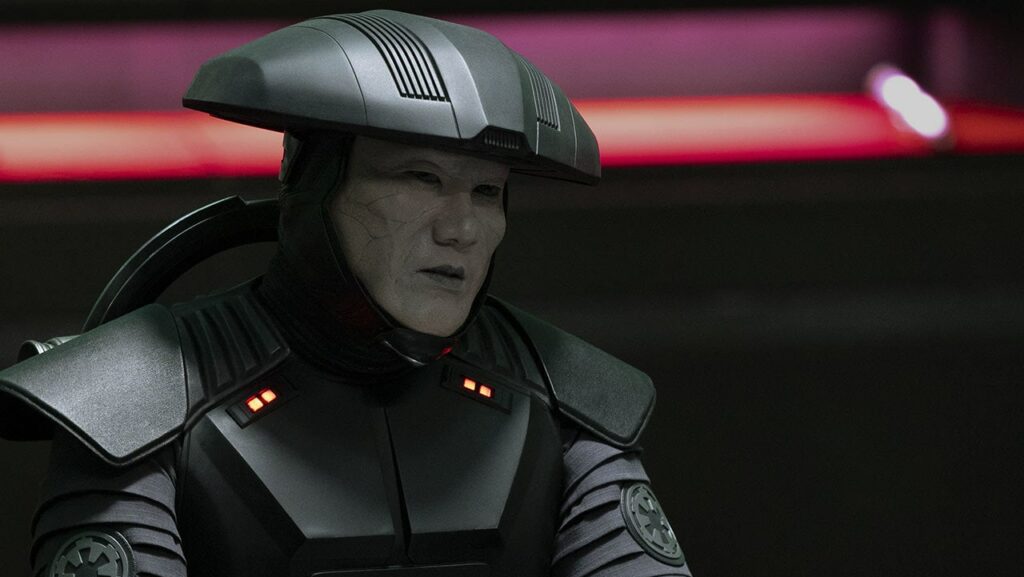
The novel’s best chapter comes late on and sees the crew arrive on a backwater moon and split up for 48 hours, each to work through their respective problems in private. It’s the more introspective storytelling, getting into the characters’ minds, that a game just couldn’t do. The book can do it! But only briefly. Much of the story is very linear. In fact, it almost does video games a disservice with how simple and straightforward it is. There’s a mission on a space station (plant explosives to blow it up), then the crew talk while on the Mantis on their way to the next location (just like the game), and then it’s a quest-giver sending them on a fetch quest for the rest of the book. Although, granted, The Mandalorian works in much the same way.
At one point author Sam Maggs tries to spice up the storytelling with a flashback scene to a conversation which happened 20 pages ago but it doesn’t add any new context. Nothing changes; it’s not the twist or reveal it thinks it is. The novel maintains the pace of a video game despite being a different medium and this hurts the story being told. The romance plot between Merrin and a new character goes from 0 to 100 instantly. There’s no time building it into something realistic or relatable. Suddenly they are in love because they need to be before they reach the next location, one Mantis flight away. Merrin is essentially the lead of the novel, which I like considering she only had a limited appearance in Fallen Order. Her Nightsister abilities are described like an unlockable skill tree she can’t access, making me think she’ll either be playable in Survivor or a companion character to fight alongside.
I like Fallen Order a lot but it’s not without its issues. One of the biggest is the ludonarrative dissonance at play, perhaps the worst case of it in any game I can think of. Cal is a Jedi, a guardian of peace, but slaughters his way through the galaxy, sentient and non-sentient beings alike, even when there is no reason to, because that’s what needs to happen in a game. It’s not what needs to happen in a novel however and Battle Scars could have treated the violence in a more intelligent way and comment on Cal’s actions. It doesn’t. The violence is treated flippantly, fun even, with Cal enjoying the massacres. It is the Jedi story most uninterested in the philosophy of the Jedi I think I’ve ever read. Why does Cal want to be a Jedi? He answers this in the novel: because “it felt really, really good.” It’s embarrassingly simple. Casual, too. I’m fine with dialogue being written in a modern, casual way but the entire novel is written in a glib, informal way which becomes insufferable. I couldn’t take any of the drama seriously because of it.
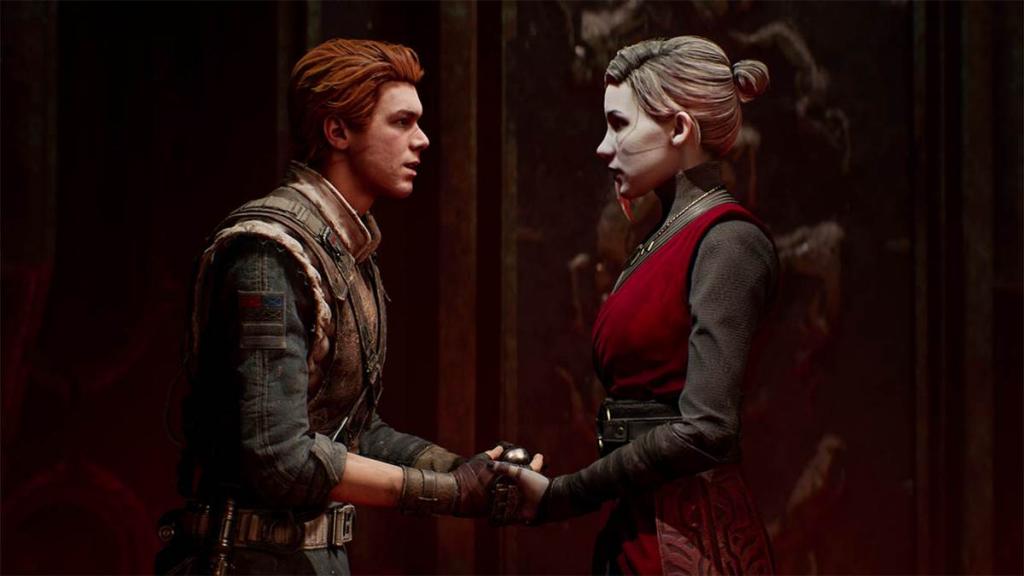
The plot surrounds a couple of very video game-y macguffins like ‘the Shroud’, which is a fancy invisibility cloak which I can’t work out why it is different from the other invisibility technology we’ve seen in Star Wars but characters hyperbolically claim it is the most dangerous technology in the galaxy. There’s also the ‘Circlet of Saresh,’ which “boosts the wearer’s connection to and abilities in the Force.” A very video game object, likely because it is a reference to Knights of the Old Republic. But I don’t want to besmirch everything that feels like a callback to the games; some of them would work perfectly well if it wasn’t every aspect of the novel. I enjoyed Cal’s journey trough an old tunnel under a prison which is described like the mechanics of a game, dodging live electrical cylinders, avoiding falling debris, and shoving metal beams out of the way with the force.
While reading, I couldn’t help comparing Battle Scars to other video-game-related Star Wars novels. Inferno Squad was a great prequel to Battlefront 2, and Twilight Company, the tie-in to the first Battlefront, a game without a story, is one of the best boots-on-the-ground war stories in the entire franchise. Yet a novel based on a game with a good story tries to adopt everything from the game but the interesting storytelling? So maybe the stories of the games were the issue here. Maybe the book is so slight (270 pages), full of so little of what a novel could offer these characters, because it is constrained from doing so. The novel begins to fill in the gap between Fallen Order and Survivor but so much is still being kept back for the next game, as it should because a novel shouldn’t need to be required reading for a game franchise, that Battle Scars was doomed to fail. It may have been written for a purpose it has been denied from accomplishing in a successful manner. In the shadow of the games, all Battle Scars can do is shadow the games.
What are your thoughts on Star Wars Jedi: Battle Scars? Let me know in the comments and be sure to geek out with me about TV, movies and video-games on Twitter @kylebrrtt.




